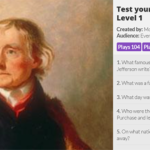Test your students’ knowledge on Thomas Jefferson and Monticello with these five interactive quizzes. The quizzes include a range of topics such as slavery, architecture, the early Republic, etc.
Drafting the Nation
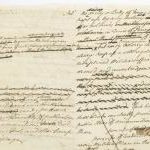
As the Framers drafted different versions of our founding documents, their ideas of what it meant to be a republic also changed. In this unit, four lessons based on the drafts of the Articles of Confederation, Declaration of Independence, and the Constitution, held at the collection at HSP, allow students to explore the language and ideas behind these pivotal documents
Act III: How Did the Constitutional Convention Work Out the Details of Government?
This short video examines the role played by the Committee on Detail in defining the powers of Congress, the most important of which were the power to tax and the power to regulate commerce. The Committee wanted to promote an interstate commercial republic and specified congressional powers to achieve that goal. According to Professor Gordon Lloyd, the inclusion of the “necessary and proper clause” was the most significant contribution of this Committee.
Dolley Madison and Politics
This short video analyzes both the practical and the psychological contributions made by Dolley Madison to the young republic. Practically, Dolley’s weekly receptions in the drawing room of the White House became the only public gathering place in Washington, DC for doing the real business of politics. Psychologically, Dolley became, in the words of Professor Catherine Allgor, a “Republican Queen”, whose charm and charisma made her a symbol of America during the War of 1812.
James Madison and the First Amendment
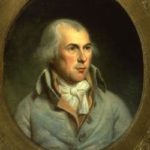
This short video traces the evolution of Madison’s attitude towards the religious liberty guarantees of the First Amendment. Initially opposed to a Bill of Rights as both inappropriate and dangerous, Madison’s views changed as a result of political and philosophical considerations. Professor Jeffry Morrison emphasizes Madison’s belief that religion should play a vital but informal role in the life of the republic.
James Madison and Religion
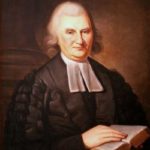
This short video reviews James Madison’s attitudes towards religion. Although he believed that religious belief was essential in a virtuous republic, he also was a religious libertarian for whom God alone was the “lord of conscience.” Professor Jeffry Morrison suggests that Madison’s Calvinist teachers (e.g., Dr. John Witherspoon) shaped his belief that government should be blind toward religion.
George Washington and James Madison
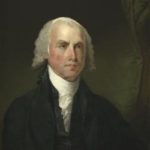
This short video tells the story of the “peculiar relationship” between George Washington and James Madison. Throughout their long years of collaboration, they were “intimate yet distant” in their common effort to create and sustain the American republic. Professor W. B. Allen emphasizes that, though their political differences ultimately led to estrangement, they remained united in their chief goal: making the Constitution work.
Understanding Democracy: A Hip Pocket Guide
This guide, written by John J. Patrick, explains the core concepts of democracy in a clear A-Z format. The complete book is available for download.
Teaching Six Big Ideas in the Constitution
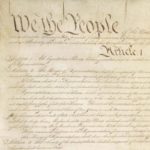
This lesson engages students in a study of the Constitution to learn the significance of “Six Big Ideas” contained in it. Students analyze the text of the Constitution in a variety of ways, examine primary sources to identify their relationship to its central ideas, and debate the core constitutional principles as they relate to today’s political issues. (Duration: 45-minute segments, up to 4.5 hours.)
Landmark Supreme Court Cases – Freedom of the Press
From the first days of American history until today, the Supreme Court has been pivotal in interpreting the Constitution and shaping America’s constitutional republic. Read summaries of the majority ruling in landmark Supreme Court cases that have had an impact on our rights as citizens.
